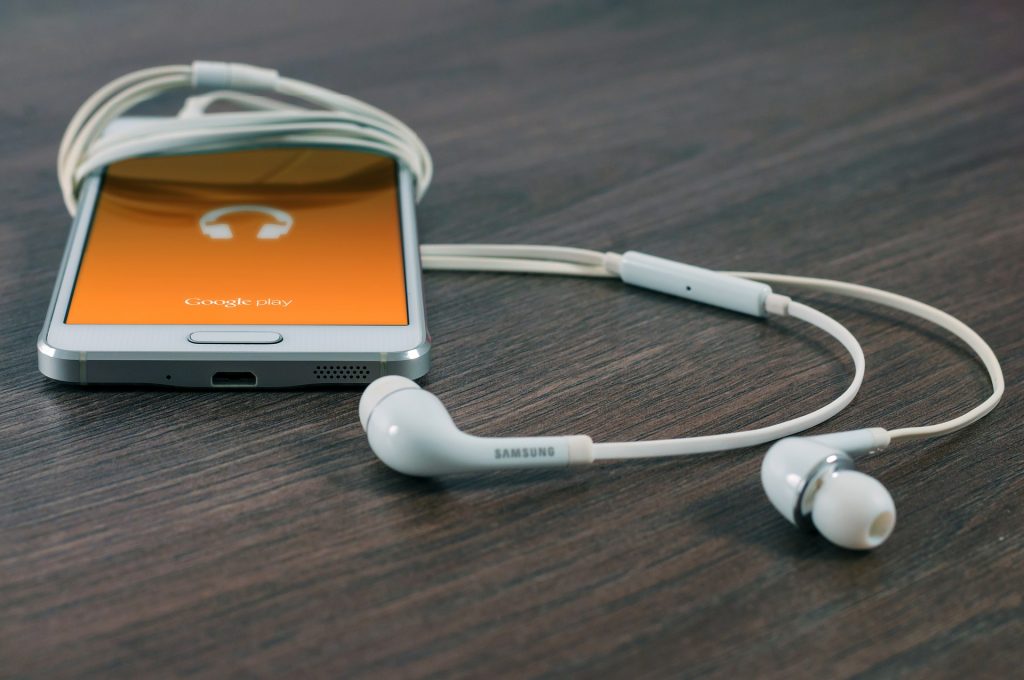Millennials have a reputation for being tech-savvy, fickle customers, and rugged individualists. Because they represent a large portion of the total population and purchasing power, they’re a key demographic for many healthcare companies.
When it comes to marketing, millennials demand more. Strategies that are effective with older generations hold little appeal to them. Savvy marketers will hone in on what makes millennials unique–and adapt their approach accordingly.
Let’s talk about how.
One of the most obvious differences between millennials and older generations: their innate familiarity with the technology shaping our world today.
While Generation X and Baby Boomers didn’t experience the internet until they were grown adults, millennials might as well have had it in their baby cribs. Many of them haven’t known anything else besides the web surfing, text messaging, social networking world we live in now. Older millennials weren’t born into these technologies, but spent a good chunk of their formative years using them.
Bottom line: comfort with these technologies has changed what millennials expect from businesses–including healthcare brands.
Meeting those expectations forces us to consider which values millennials hold dear. Once you understand what drives them, you can tailor your marketing strategy and strengthen your appeal.
Healthcare marketers should be aware of these five key millennial values:
1. They Demand a Great Experience

Image credit: SashSegal
Millennials have seen just how efficient businesses can be. They’ve dealt with companies like Amazon, Apple and Zappos, all of whom use the latest technology to streamline interactions.
In short, millennials don’t just expect a great product or service. They also expect a great experience.
Healthcare companies might not be able to simplify their customer experience to the degree of buying, say, a TV on Amazon, but most can do a lot better.
Is it simple to navigate your website and find key information? Are there multiple ways to get in touch with customer support and receive a prompt reply? Am I wasting my time?
These are all questions a discerning millennial will ask.
There are so many ways to improve the customer experience. You could simplify your website copy, and represent complex information with visual forms (infographics, videos, etc.) to make it easy to digest. You could offer people multiple avenues to contact you and respond quickly. You could even use analytics data to see which of your web pages someone has visited (or which of your emails they’ve opened) and send them more relevant information.
If you don’t know where to start improving the customer experience, just ask! Online tools like SurveyMonkey and Qualaroo make collecting instant feedback simple.
2. They Are Skeptical of Traditional Ads (but Open to Newer Channels)

Image credit: Mizter_x94
Ever since they were young kids, millennials have been barraged with all kinds of media. Whether it’s radio, TV, print, or online, they’ve become extremely savvy at spotting blatant advertisements–and ignoring them. A survey from the McCarthy Group found that almost 85 percent of millennials don’t trust traditional ads.
This sounds like bad news for healthcare marketers, but there’s a silver lining. While millennials are skeptical of traditional advertisements, they’re also extremely receptive to newer advertising channels–like social media. A Harris Poll found that millennials were over five times more likely to trust a social media platform sponsored by a pharmaceutical company than Baby Boomers aged 45 to 65.
What does this mean for you?
Screen your marketing messages for aggressive, “hard selling” language. Marketing to millennials is a long-term play–one based on numerous interactions and sharing. Which brings us to the next point…
3. They Want to Participate in the Conversation

Image credit: Unsplash
Millennials are the most connected generation in history. For most (or all) of their lives, they’ve been interacting with the world through instant messaging, on forums and social media, and many other channels.
This habit is so engrained that it has carried over into the business world. Millennials don’t just want to receive marketing messages in a one-way broadcast. They want to become active participants in the experience. Almost 50 percent post photos or videos online that they create themselves. 84 percent of millennials say that user-generated content influences what they buy.
If your healthcare marketing strategy encourages users to participate, you’ll build great relationships. Brands like Northwestern, Mayo Clinic, and MD Anderson are already tapping into the power of user-sourced content.
Seemingly small gestures, like hosting videos on your website of customers sharing their stories or retweeting their posts on social media, shows millennials that you value them as partners in creating the marketing experience.
Millennials, who grew up with review sites for everything from movies and restaurants, to apartment complexes and video games, make consuming other user-generated content a major part of their healthcare search.
As scary as this might sound, it might be time to allow customers to review your products or services. This can be tough when you get the inevitable bad review, but a thoughtful response shows readers you value their feedback and are always striving to improve.
4. They Want Brands to Reflect Their Personal Values

Image credit: Sharky
Consider the skyrocketing popularity of organic, handcrafted, and environmentally-friendly products. A lot of it is being driven by millennials, who appreciate when businesses reflect their personal values.
These values influence their buying decisions. Half of millennials are more willing to buy from a company if their purchase supports a cause they believe in. Almost 40 percent of them are even willing to pay a little more to do so.
What does your healthcare brand stand for?
What impact are you trying to make on the world?
What gets you out of bed every morning–besides the paycheck?
Every company has a story. If you’re able to clarify your core values and incorporate them into your marketing messages, you’ll strike a chord with millennials and stand out from generic competitors.
5. They Are Always Connected and On the Go

Image credit: FirmBee
The average millennial spends three hours–or more–on their smartphones every day. One in five don’t even use a computer to get online anymore, opting for smartphones or tablets instead.
Now that they’re navigating through college, the workplace, and parenthood, millennials are always on the go. They’re comfortable handling personal aspects of their lives, like banking, on their devices. The same goes for healthcare.
This means it’s essential for healthcare marketers to have a responsive website that looks great whether someone browses on a computer, mobile phone, or tablet. “Mobile-friendly” goes beyond aesthetics. While filling out long forms or scrolling are simple on a computer, they can be a nightmare on a tiny phone screen. The better you design your website to avoid those obstacles, the better your engagement.
Because millennials are so attached to their phones, this creates a great opportunity to develop a mobile app. At the beginning of 2016, there were already over 13,000 health/medical apps available. If you create an app millennials can download and frequently use, such as meal plans or daily wellness tips, you can make interacting with your brand a habit. This is a great way to nurture the relationship whether they’re at home, work, or on vacation; wherever they go, the smartphone goes with them.
As millennials age, their need for healthcare will only increase. The savviest marketers will figure out how to engage them now. With the tips above, you can tweak your strategy and forge more meaningful relationships with this demographic.
